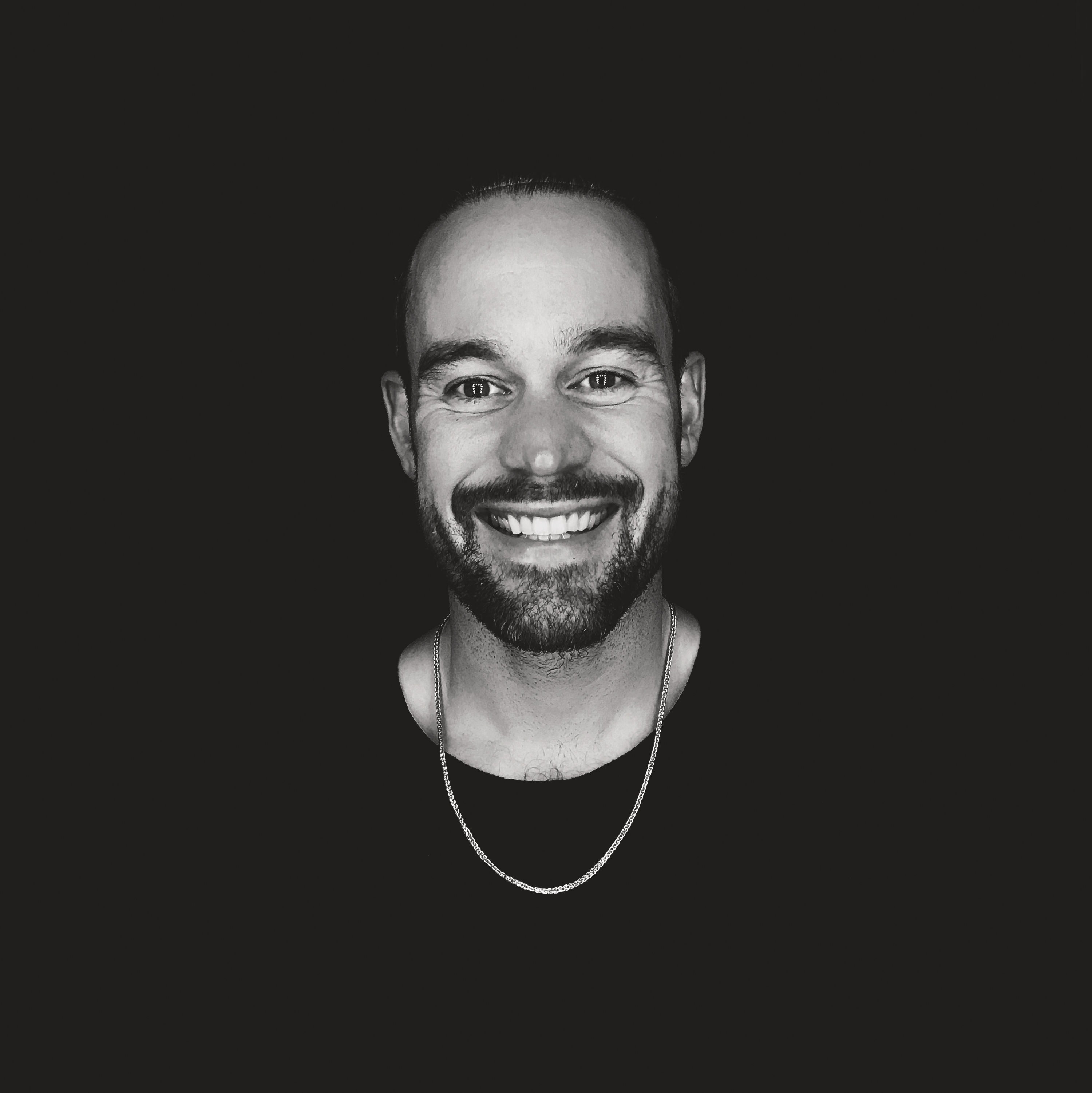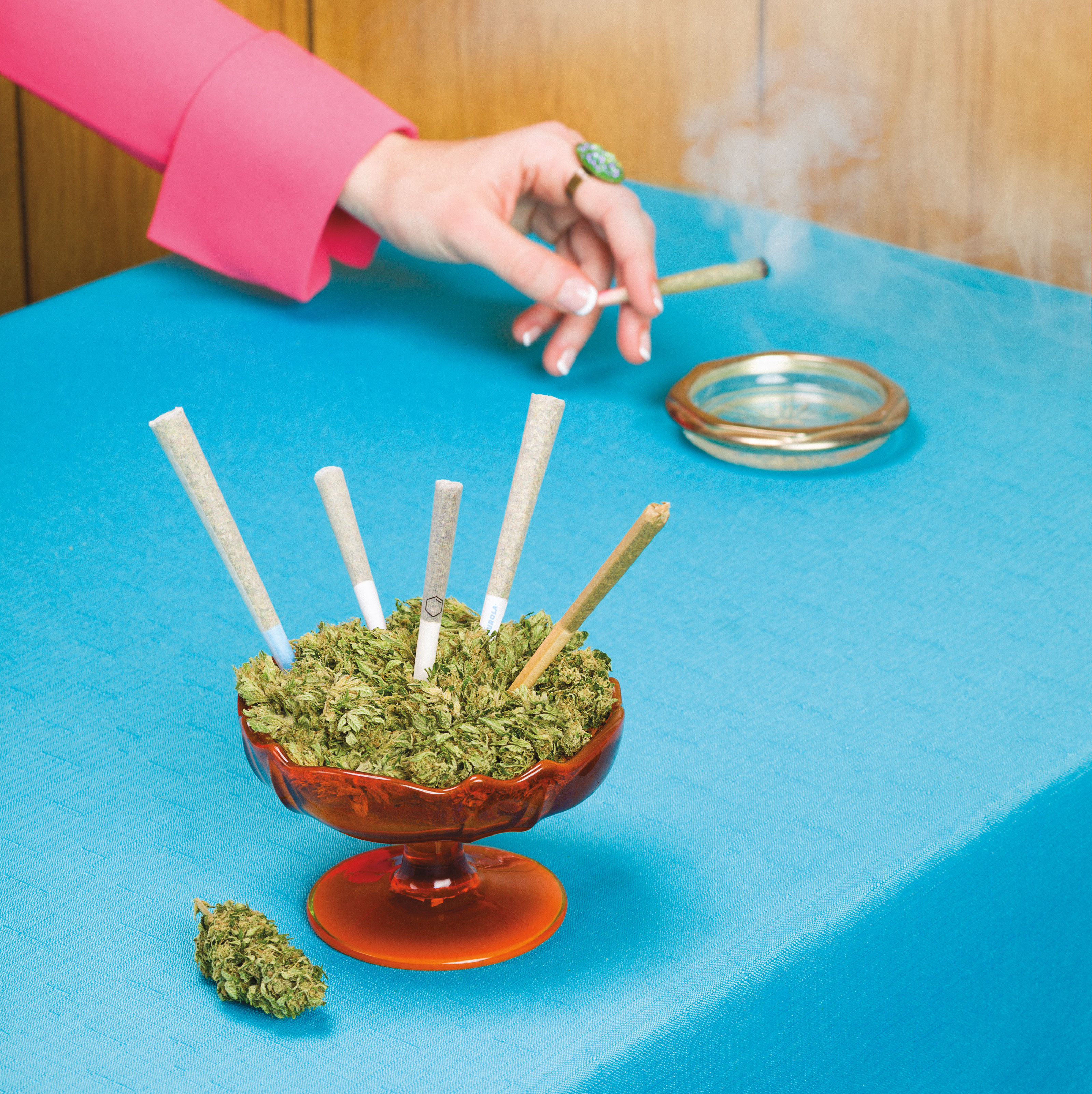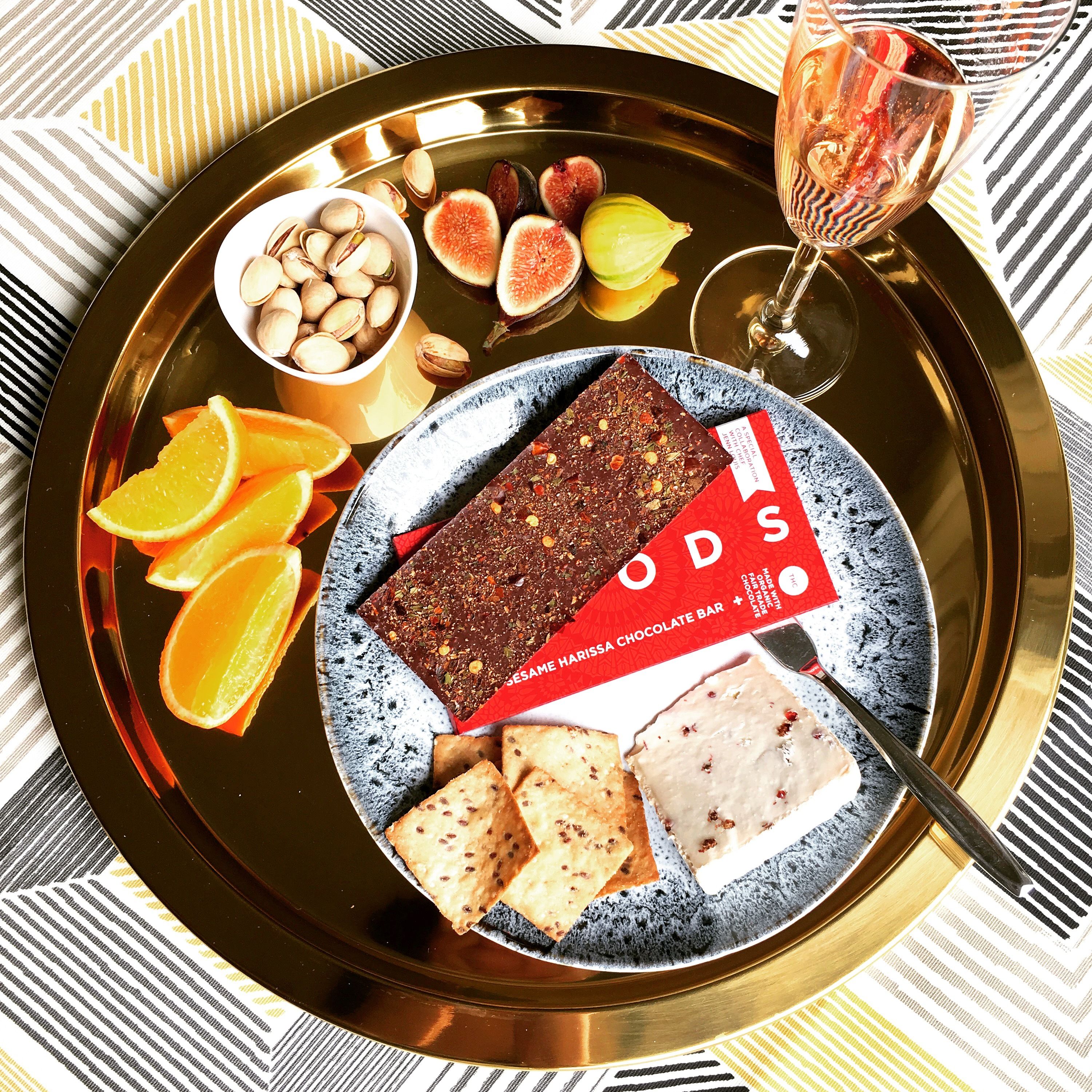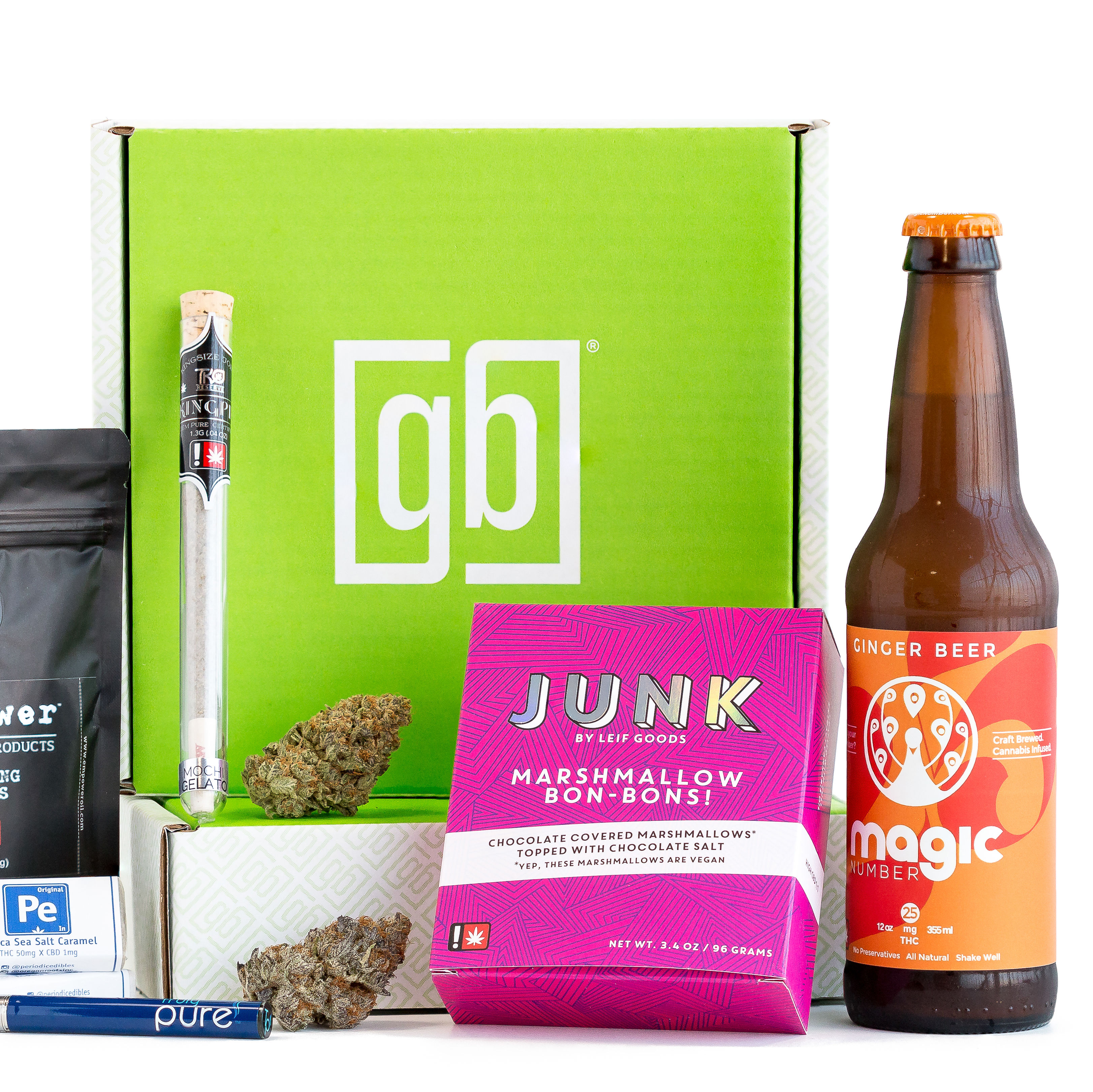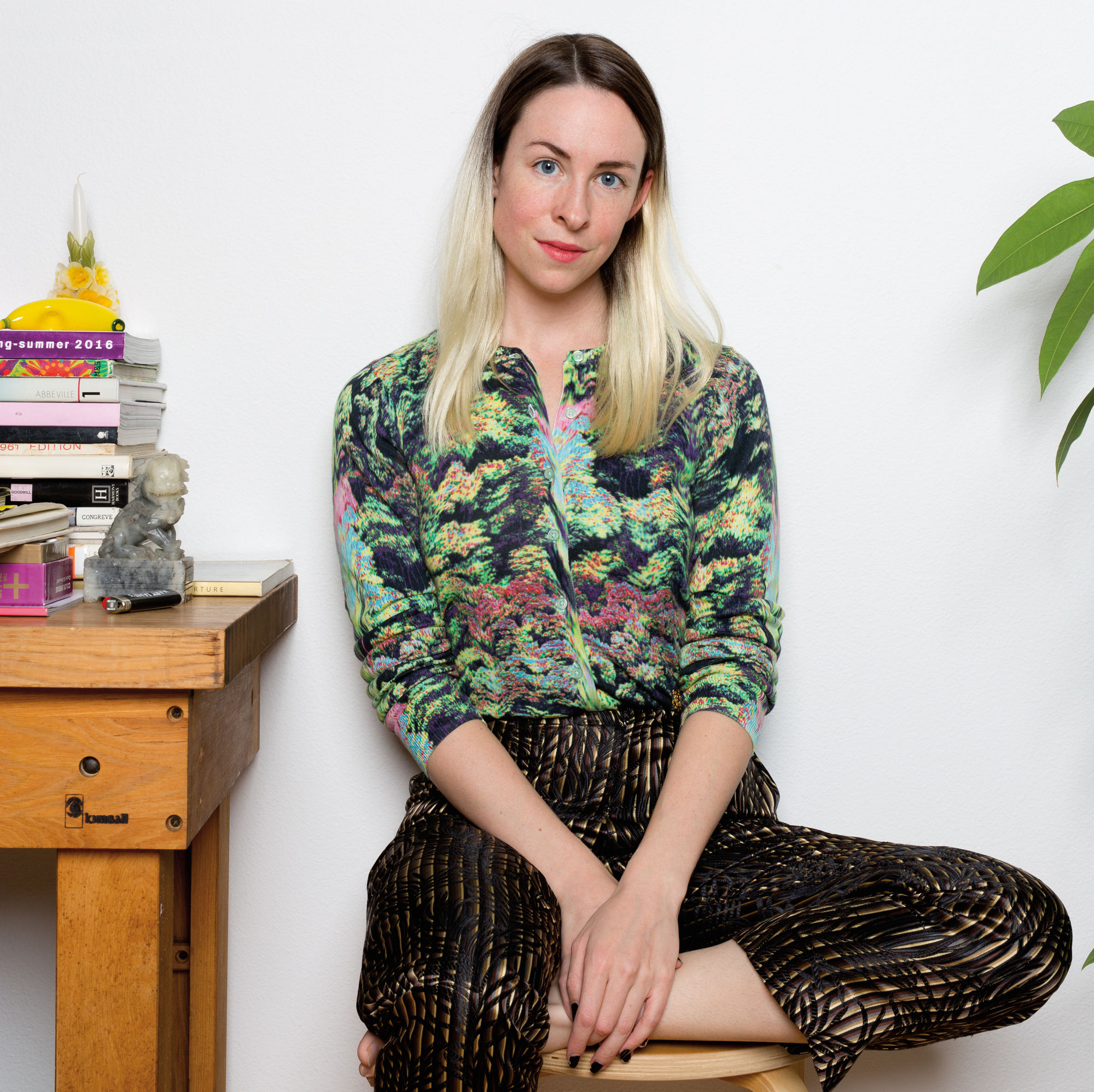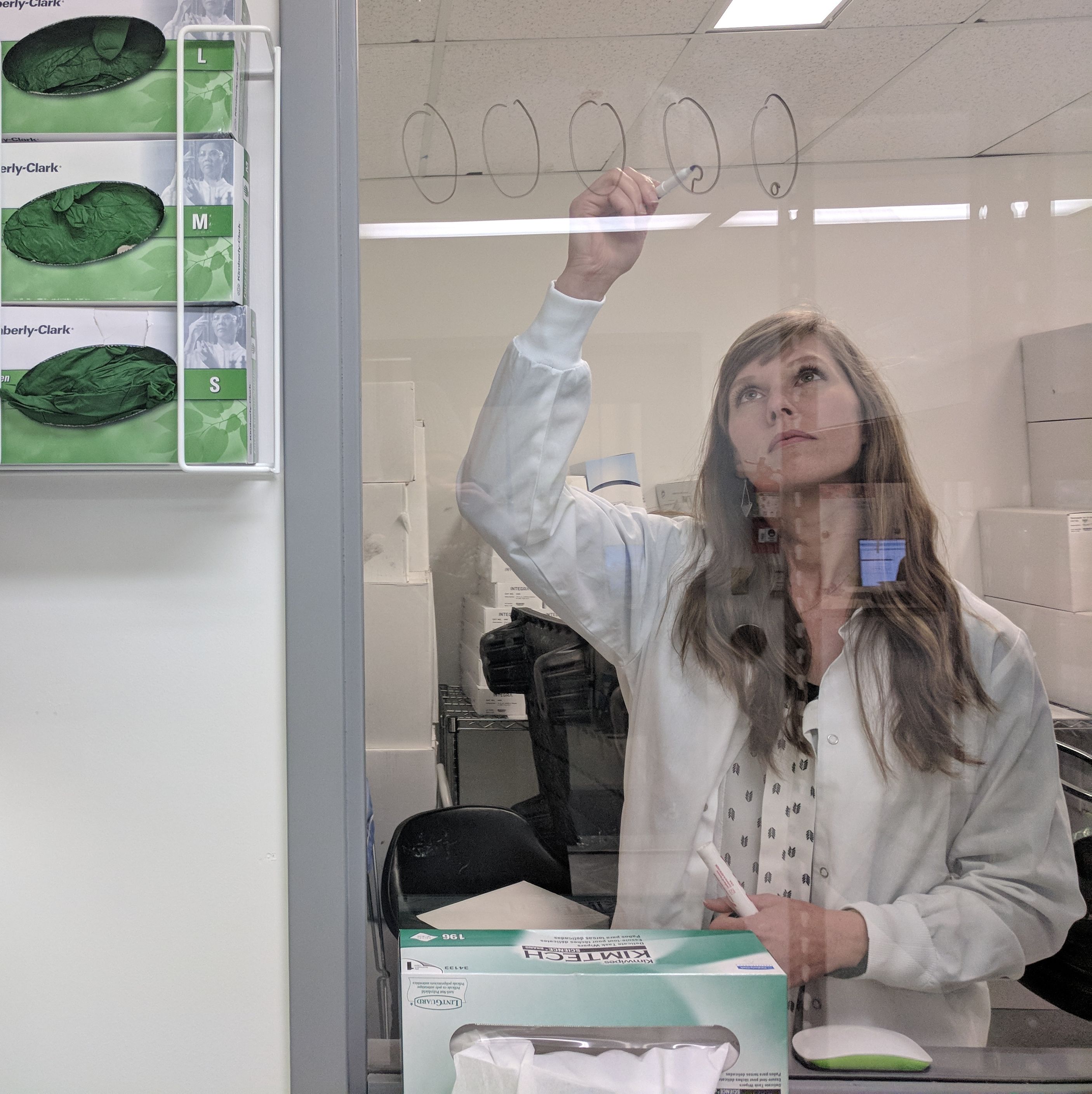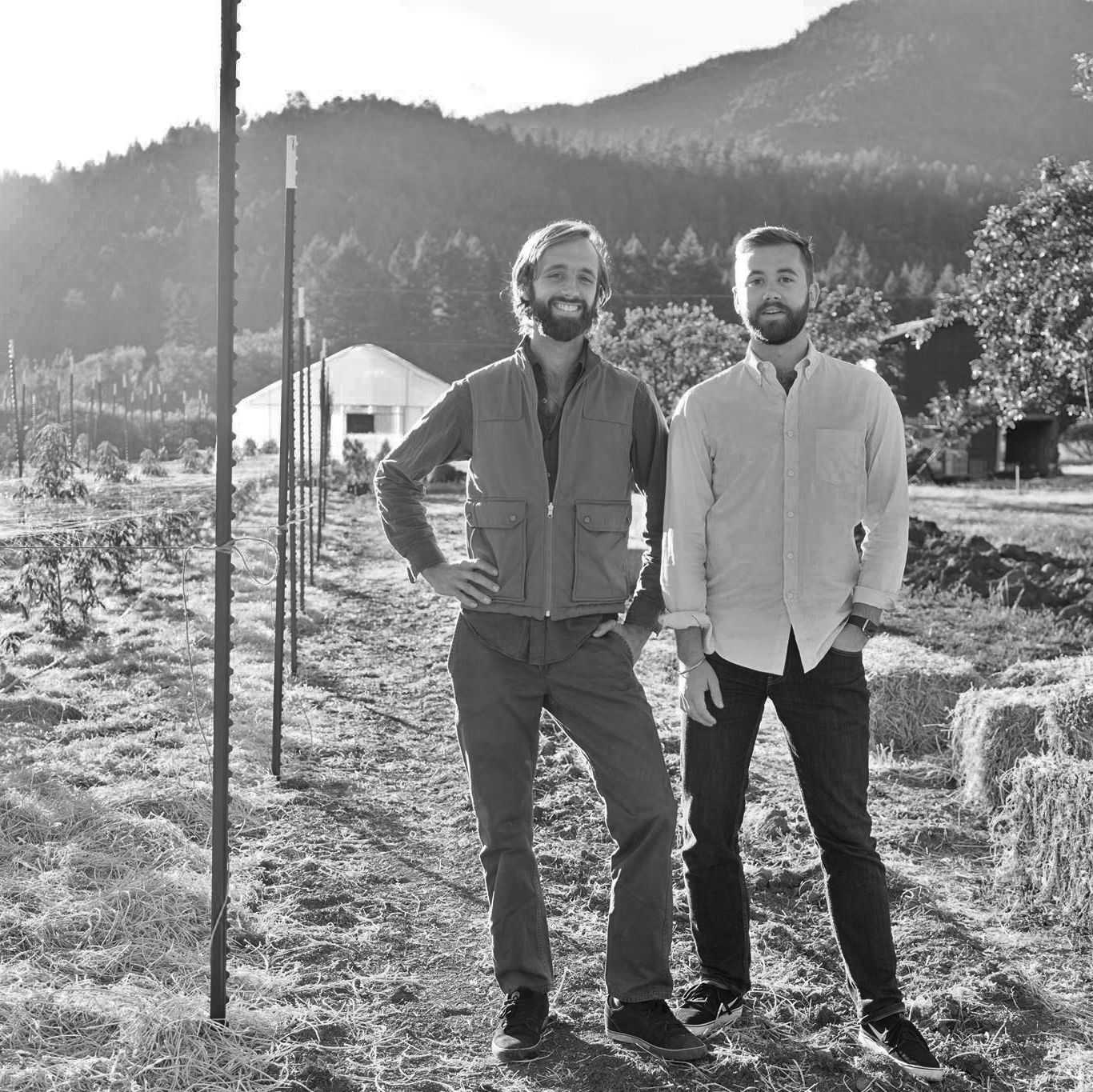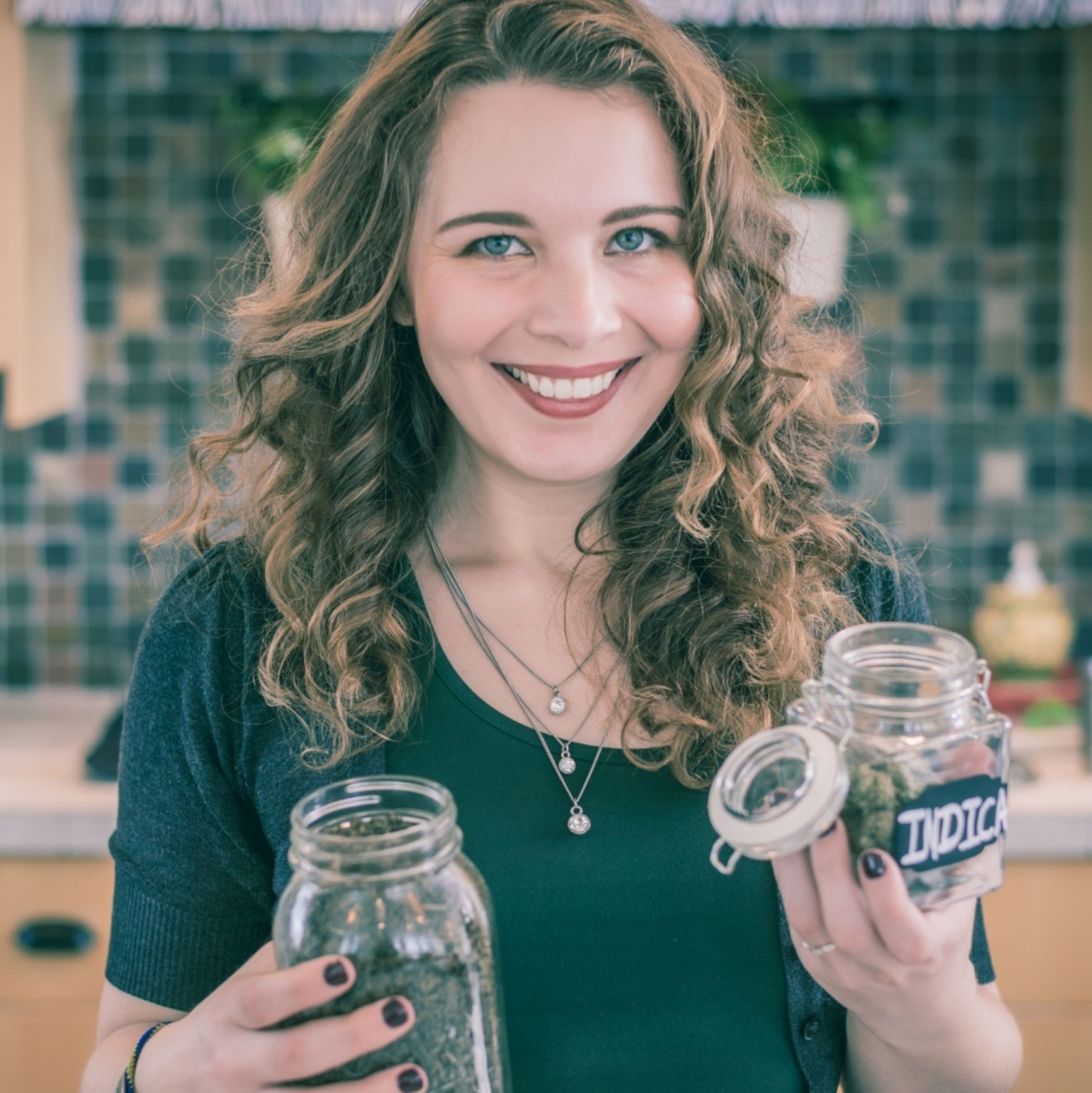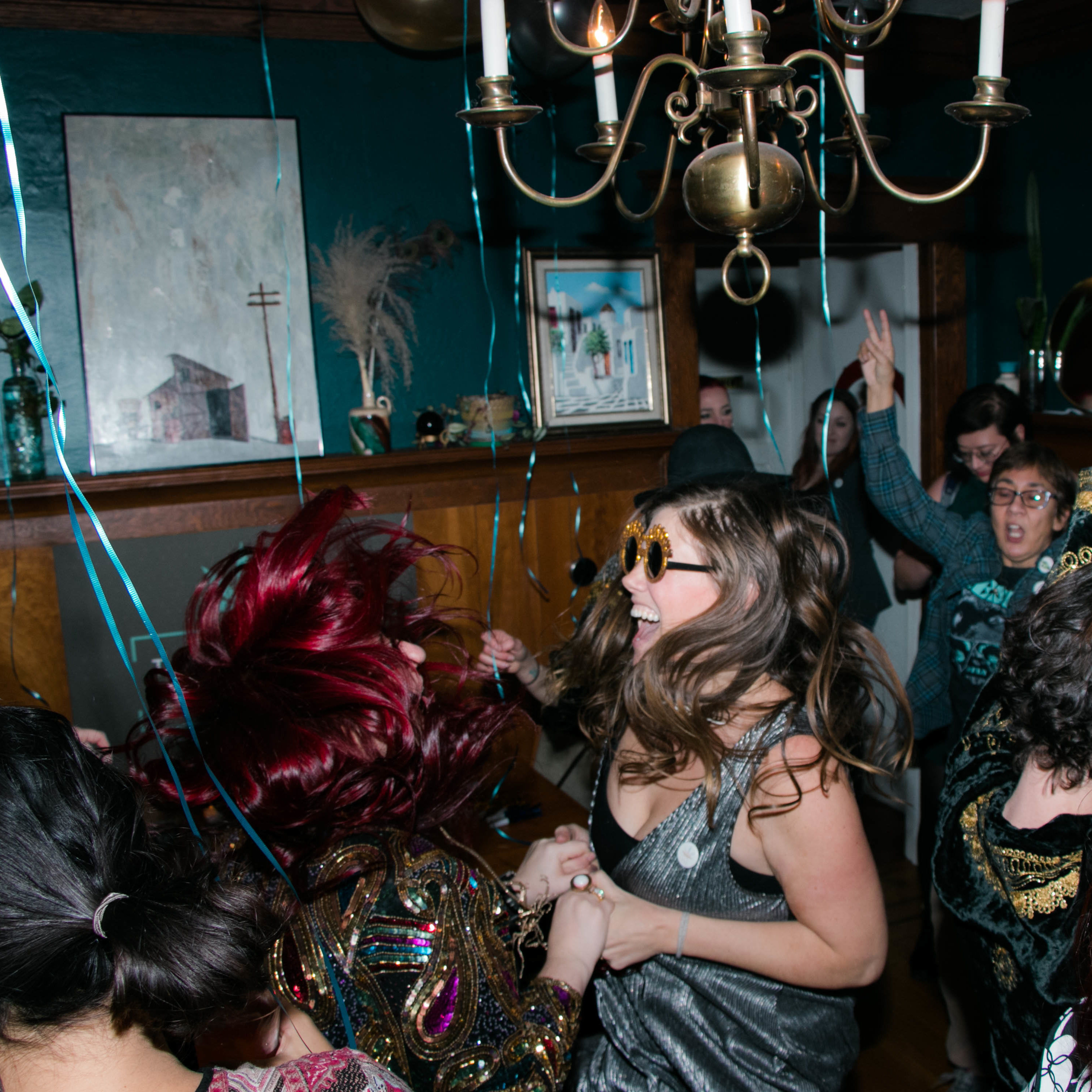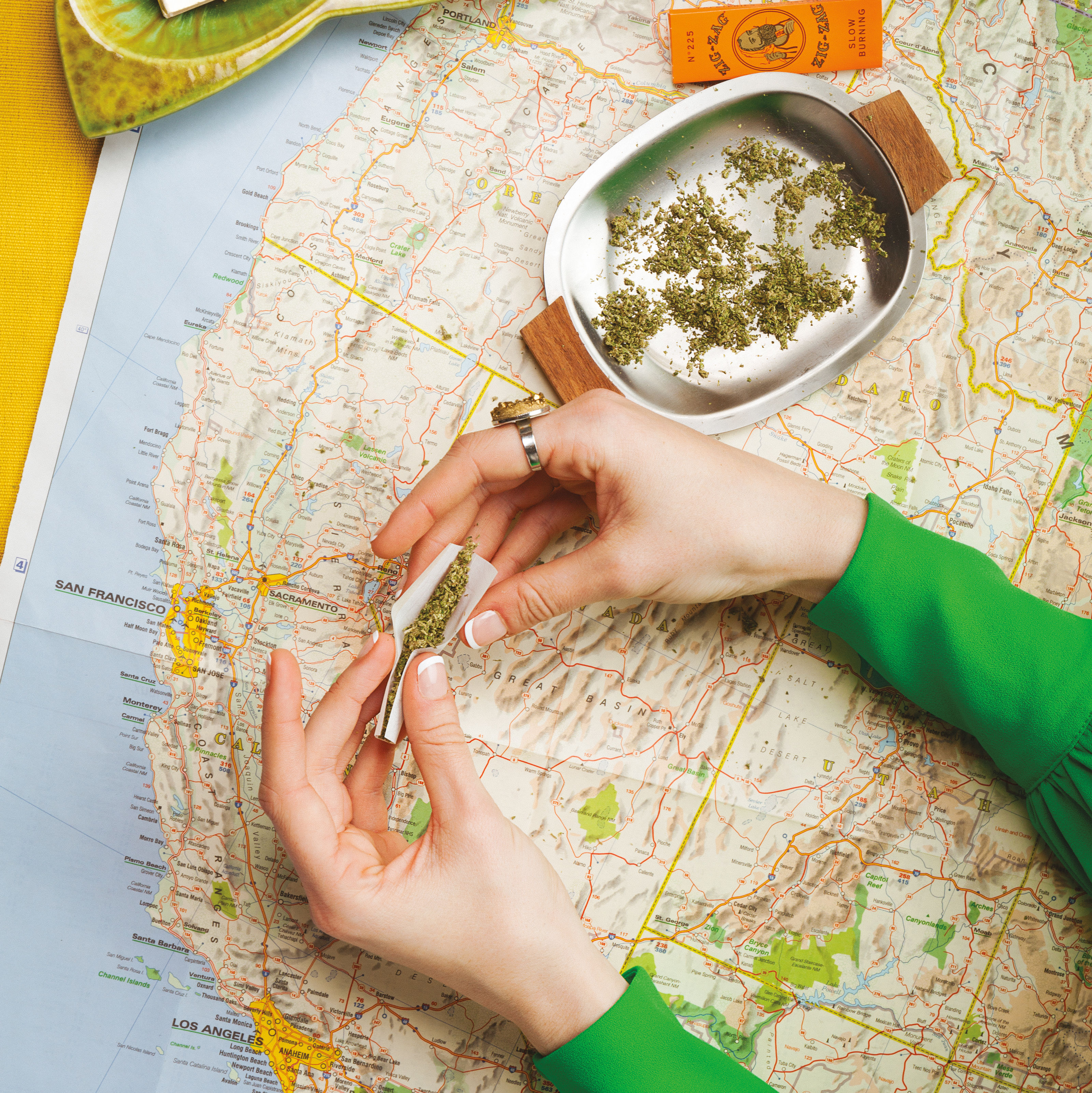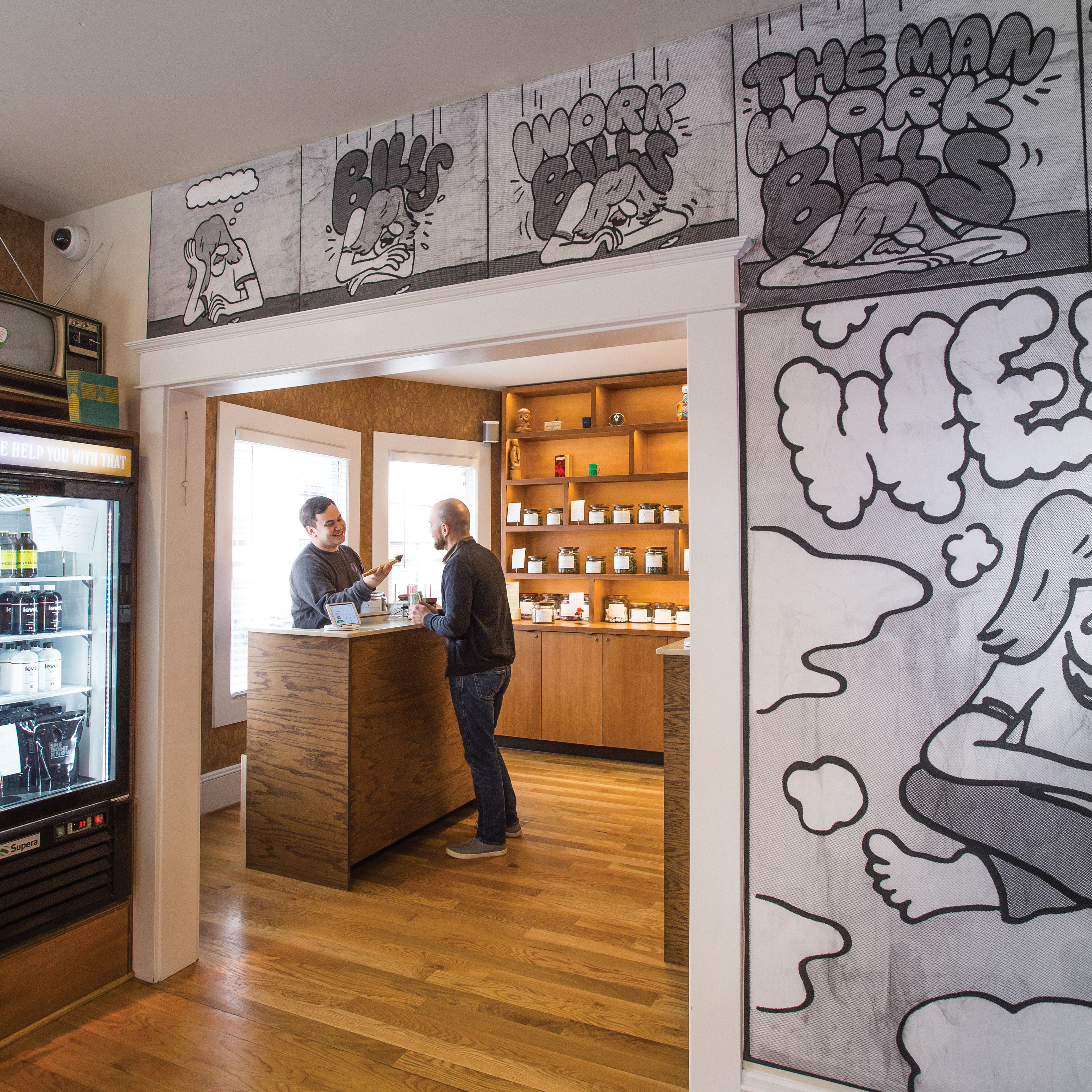How Aminah Leary Advocates for Equity in Cannabis

Aminah Leary
Image: Courtesy Simone Fischer
Aminah Leary is used to hearing from other black people that they think they don’t belong in the cannabis industry—or even don’t belong as legal cannabis consumers. Her response is simple.
“It’s hella white,” she tells them. “But it’s hella dope! And the only way it’s going to even out is if you show up.”
Convincing more black people—especially more black women—to show up in this nascent industry is what drives Leary, 33, a budtender at the Southeast dispensary Farma. The native Portlander sees herself as recreational cannabis’s human olive branch to the black community. As she puts it: “I want to be your BFF in the cannabis industry.”
It’s no secret the industry is overwhelmingly white (and male, though the gender divide is less stark). Official statistics don’t exist, but a 2016 BuzzFeed report estimated that only about 1 percent of dispensaries across the US are black-owned. The barriers to entry are complex: systemic discrimination limits access to financial and social capital, and African Americans are far more likely than whites to be incarcerated for marijuana-related charges.
“There are black people who refuse to engage in the legal market,” Leary says. “They don’t trust it, because black people are still in jail for it.”
Leary, for her part, wasn’t always so pro-cannabis. But when postpartum depression struck after the birth of her second child, cannabis proved more effective than pharmaceuticals. Living in Atlanta at the time, she had to be discreet about her use and began making infused baked goods. In mid-2017, she returned to Portland and landed a job at Farma (one of our top dispensaries). Visibility in that kind of role matters, she says.
“When black people walk into a space that doesn’t cater to them, there’s an immediate angst, an immediate defense,” she says. “When you walk into Farma and see me, you see that you belong here.” She also takes pains to invite black friends and customers to cannabis events.
Meanwhile, she’s perfecting her edible recipes—her specialty is a CBD-dominant vegan brown butter shortbread—and will launch Baked, a private culinary service, this year. She hopes Baked can both help dismantle stoner stigma and ease black people’s mistrust of legal cannabis. She sees herself particularly well positioned to cross racial lines: after growing up in very white Portland, code-switching comes easy.
“I went to West Sylvan Middle School, for god’s sake,” she says. “But I caught the bus at Humboldt and Tubman.”

